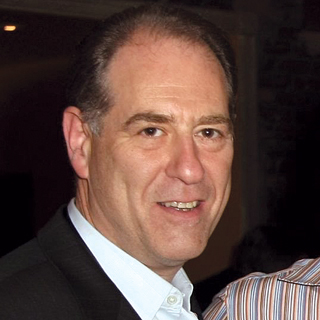
Many of the challenges seniors’ caregivers face are the result of communication issues since 50% of people over age 75 have some degree of hearing loss. Hearing loss makes caregiving more challenging for the caregiver, the patient, the family, and other health professionals.
Whether it’s about taking medication, doctors’ instructions or simple daily routines, hearing loss interferes with successful communication and results in misunderstandings that can be not only frustrating, but harmful for the patient.
Fortunately, hearing health solutions are readily available, easy to apply and can be inexpensive. Addressing the hearing health needs of anyone receiving care is critically important to improve the effectiveness of care and the well-being of the patient, family and caregivers.
Hearing health in seniors is about more than hearing
A 12-year study conducted by the neurology department at Johns Hopkins School of Medicine found that untreated hearing loss increased the risk for dementia. Hearing loss can affect concentration, memory and planning skills, which affect structural changes in the brain. The study showed a correlation between hearing loss and the loss of these capabilities.
Hearing loss is also isolating, and seniors with hearing loss often withdraw, avoid social situations and become depressed. Since the onset of hearing loss is usually gradual, the decrease in hearing and other effects may go unnoticed until they become quire pronounced.
Hearing health is also a safety issue
Hearing loss can impair the ability to respond to safety warnings, to hear doorbells and alarms and may even lead to increased falls. The Centers for Disease Control and Prevention report that one out of every three people over the age of 65 falls each year.
Typically, the causes of a fall are related to vision problems, arthritis or simply a degenerating physical condition. However, researchers at Johns Hopkins and the National Institute for Aging found that seniors who reported mild hearing loss were three times as likely to have a history of falls.
Overcoming denial doesn’t have to be confrontational
Seniors who experience a loss of hearing often deny the condition, or don’t believe that they have it. They may accuse people of mumbling or blame background noise for an inability to hear. Some seniors consider hearing loss to be a sign of aging, and don’t want the reminder. Whatever the cause of resistance, a non-confrontational approach can be used.
Make sure the person being cared for knows how much you value the relationship and why good communication is so important. If done without argument or showing frustration, or, when appropriate, offering an as-needed, or part time solution, caregivers and hearing health solutions stand a better chance of acceptance.
There are new, modern hearing health solutions
From home hearing tests to affordable devices that are almost entirely undetectable, there are a variety of new options that make it easier for caregivers to provide hearing health solutions. Reputable and reliable companies like Etymotic Research (etymotic.com), with products available online like the affordable BEAN personal sound amplifier (PSAP), are making a big difference.
PSAPs can be purchased and presented by caregivers
PSAPs are available over-the-counter and represent a solution that anyone caring for the elderly should be aware of. They’re affordable, easy to use and ready to wear right out the box. Using hearing assistance such as a PSAP before care is given will improve the quality of that care; it’s just that simple.
Requesting the patient use a hearing device such as a PSAP can result in improved communication during medical visits and when receiving medication or rehabilitation services. Use when dining, socializing and interacting with other residents can result in greatly improved quality of life for all involved.
Irwin Kornfeld is CEO of In Tune Partners, a consultancy working with Etymotic Research, makers of The BEAN personal sound amplifier and line of hearing health products. He has written extensively on matters pertaining to audio, communications, hearing health and senior living.



